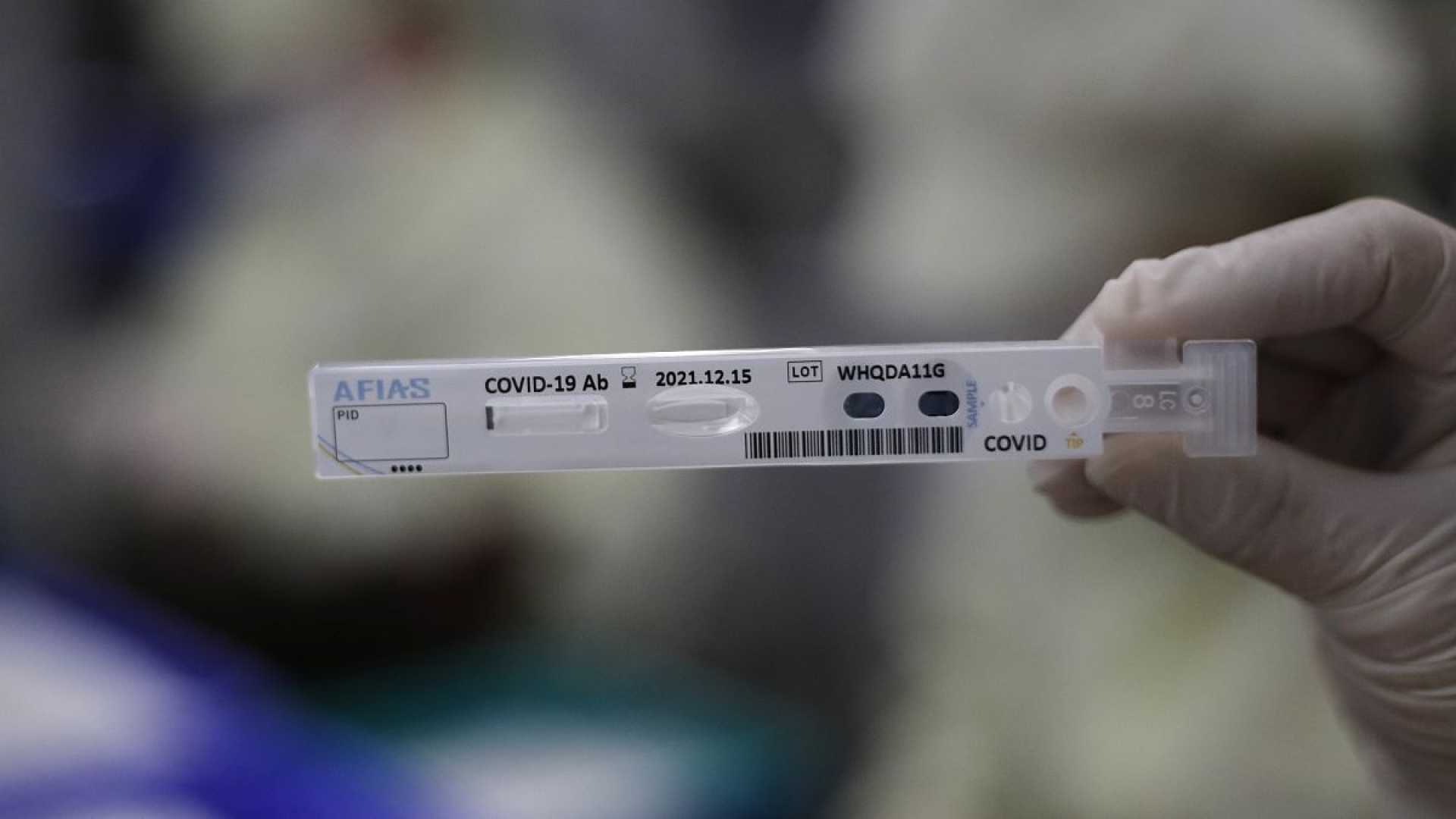Health
Emerging XEC COVID Variant Raises Global Concerns

Scientists have identified a new COVID-19 variant, known as the “XEC variant,” which is attracting attention as it spreads across several countries. Initially discovered in Germany in June, cases have since been reported in the UK, the US, Denmark, and other nations. Researchers express concerns that the XEC variant, which exhibits new mutations, may become dominant this autumn, although current vaccines are still expected to prevent severe illness.
Professor Francois Balloux from the University College London‘s Genetics Institute explained to BBC News that the XEC variant appears to have a slight transmission advantage over recent COVID variants. Nevertheless, vaccines should continue to provide strong protection. Eric Topol, Director of the Scripps Research Translational Institute in California, noted that the XEC variant is “just getting started” and could take weeks or months before causing a significant wave of infections.
The XEC variant is a recombinant of the KS.1.1 and KP.3.3 variants. According to Topol, it possesses a “growth advantage” due to its mutations. While the variant is not yet prevalent enough to be featured on the U.S. Centers for Disease Control and Prevention (CDC) variant data tracker, other countries like Denmark, Germany, and the Netherlands have reported higher incidences.
Experts acknowledge that COVID-19 will continue to mutate, and vaccines have been adapted to new Omicron subtypes like KP.2. While variants such as KP.3.1.1 are spreading, the vaccines are thought to offer cross-protection against XEC as well. Pfizer claims that its updated vaccine offers an improved response against multiple virus subtypes compared to previous vaccines.
Symptoms associated with the XEC variant are reportedly similar to cold or flu-like symptoms, with most individuals recovering within a few weeks. However, there is an acknowledgment of possible gastrointestinal symptoms such as nausea, vomiting, and diarrhea, although specific data remain inconclusive.
The CDC has updated its guidelines, no longer requiring a strict five-day isolation for those contracting COVID-19. Individuals can return to regular activities if they are symptom-free for 24 hours and without fever, though mask-wearing and maintaining distance are advised for an additional five days.
With the expected fall and winter waves, free COVID-19 test kits will be available to U.S. households from late September, allowing people to test during gatherings over the holiday season.












